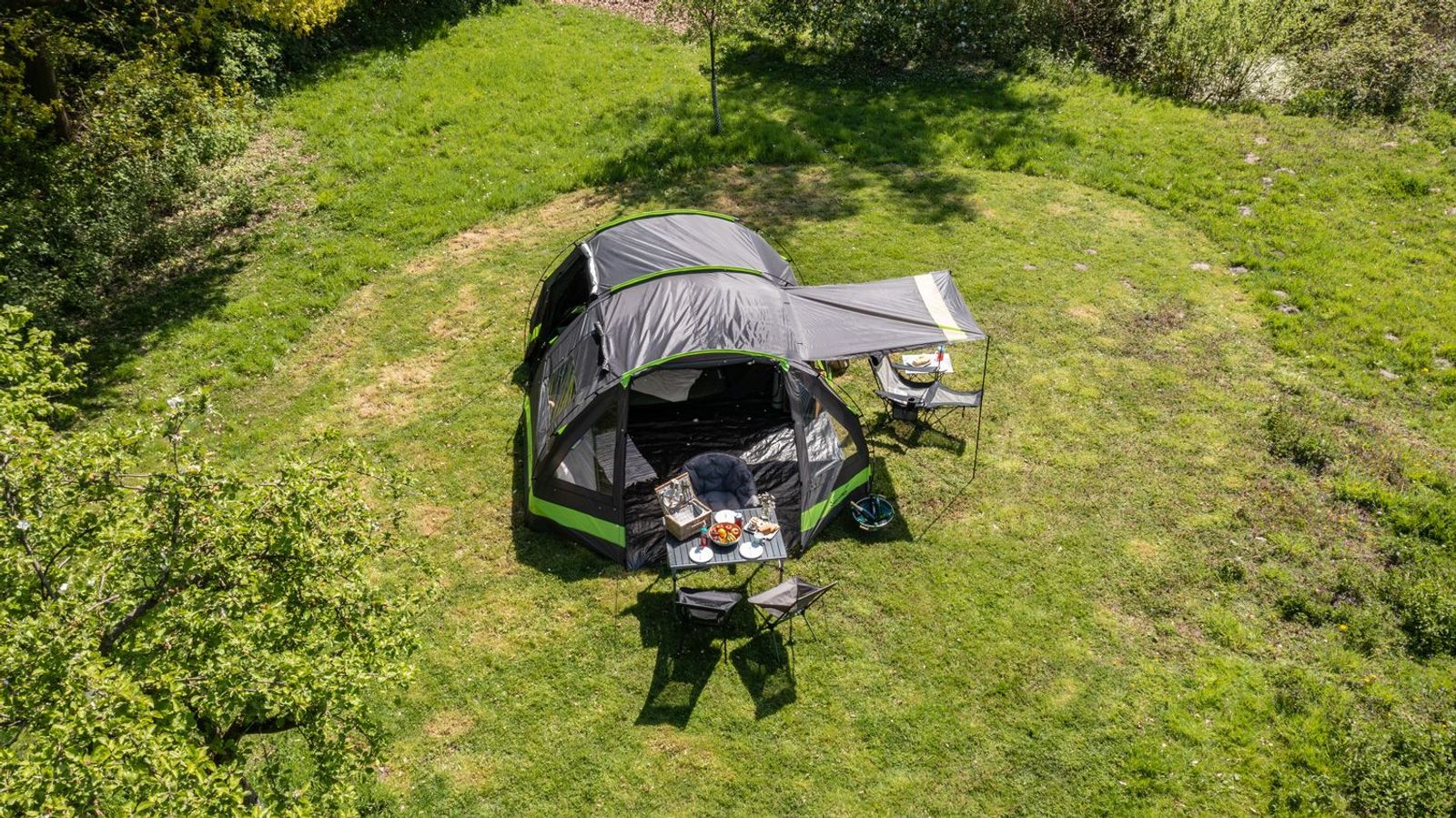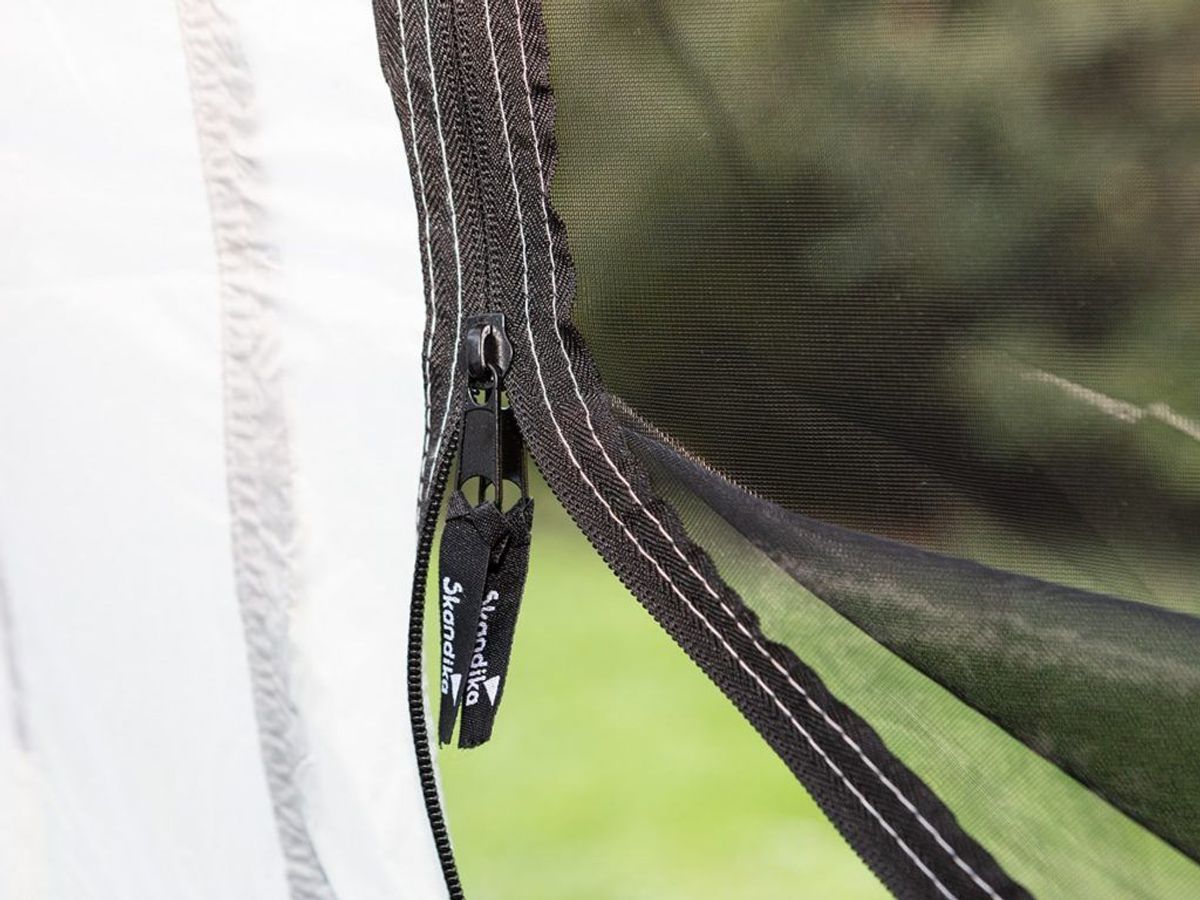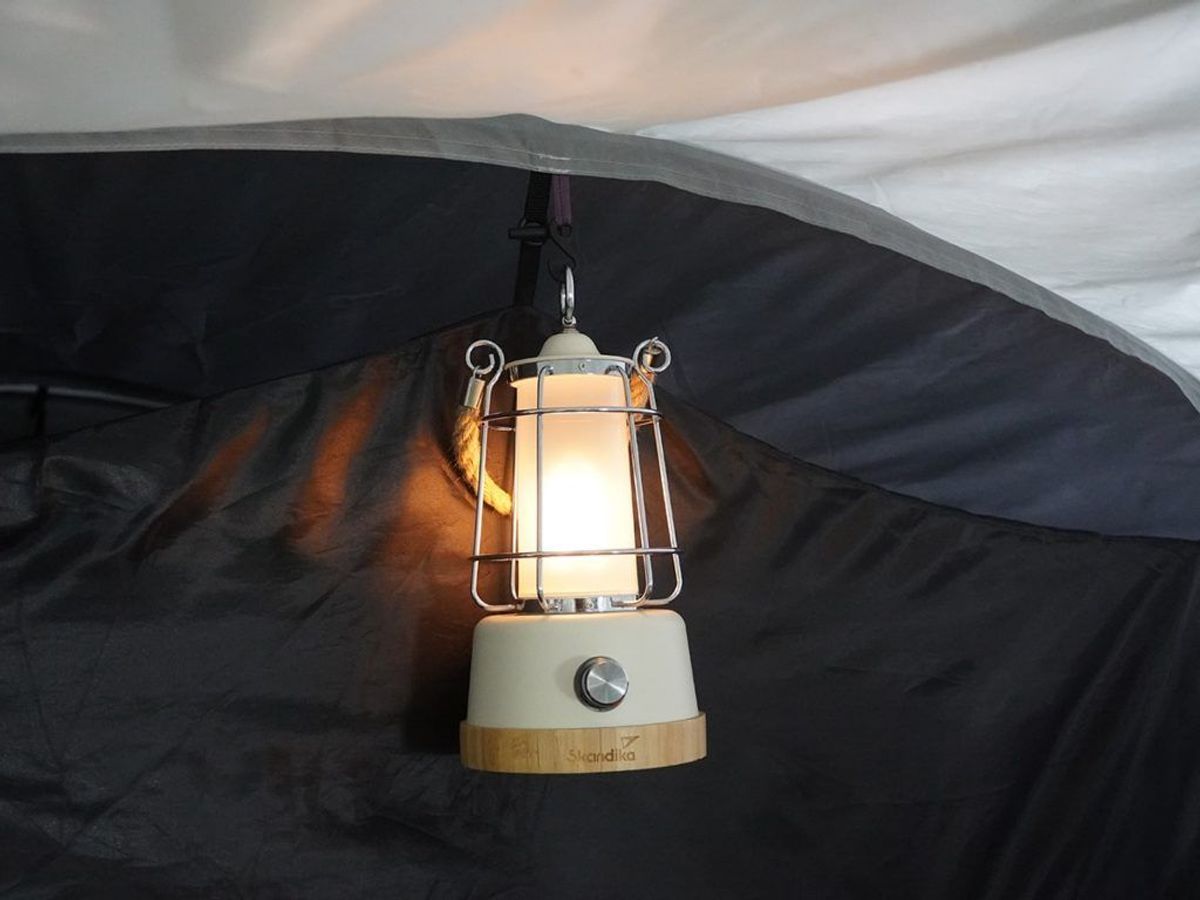
Avoid pests when camping - it's easy with these tips & tricks
This prevents the little pests from getting into your tent and you can sleep peacefully
You probably decide to go on a camping holiday to be close to nature. However, when it comes to insects in the tent, the desire for closeness usually stops. Even if you're sitting outside in the evening and enjoying the warm summer evening, mosquitoes and other creepy-crawlies are rather unwelcome. With these simple tricks, you can avoid bugs when camping and enjoy your camping holiday to the full.
1. keep the mosquito net of the tent closed at all times
It is important that the mosquito nets are closed at all times when pitching the tent - not just so that the tent can be properly tensioned. This will prevent insects from getting into your tent during pitching.
Remember to close the mosquito net as soon as you leave or enter your tent. Insects in the tent are anything but nice and will rob you of sleep if you suddenly hear them buzzing in the night.
To be on the safe side, set up the tent in the garden before your camping holiday and check it for leaks. Check all seams, zips, mosquito nets and the tent itself. After all, it's not just water that gets into the tent through these points, but also uninvited guests. This check should definitely be on your camping checklist before you set off on your well-deserved holiday.

2. close all food & leave nothing open
Small insects and flies in particular are attracted to the odour of food. This is often unavoidable when eating. However, you can take care to pack your food away again immediately after you have prepared it. Put all perishable food back in the fridge and freezer box, and all non-perishable food such as pasta, rice, crisps or wine gums in other boxes for storage. Make sure that all food is always kept well sealed. Otherwise wasps, bees and ants will be attracted, especially in summer.
Always dispose of any additional waste promptly and seal it well. In this way, insects such as ants can be avoided in the tent. It is best to wash dirty crockery immediately - otherwise it will only attract insects!

3. use mosquito and tick spray
Make sure you have sufficient protection against mosquitoes and ticks. Mosquitoes are particularly common near lakes, rivers and other bodies of water. Mosquito protection is particularly important when camping there. Ticks, on the other hand, are often found in tall grass and in the forest. Find out in advance which repellent is right for your camping region. For example, wear extra long clothing if you are spending the day hiking.
If the sun is shining, it is also important to apply sun spray. This often raises the question: What is the right order to apply sun cream? First apply the sun cream and leave it on long enough - about 20 minutes. Then apply the mosquito and tick spray. Always check the description to see how long the protection lasts and reapply several times a day if necessary to ensure you are protected around the clock.
Tip: As an alternative to mosquito spray, you can use mosquito lamps or plugs at the campsite. These use UV light to repel mosquitoes in the immediate vicinity.
4. dim the light
Many insects and flies are attracted to light. If it is already dark and you want to enter or leave your tent, dim the light of your camping lantern slightly so that the pests don't walk right in with you. Ideally, you should switch the light off completely if you want to return to your tent at night. When you enter, close the mosquito net before switching the light back on.

5. many scents deter insects
In addition, there are certain sprays that keep insects away and deter. Fortunately, these often contain fragrances that we find very pleasant - such as lavender, lemongrass or cedarwood. Make sure that these sprays are not harmful to the environment and do not kill the insects, but merely deter them with their odour.
What to do against ants in the tent?
If you are unlucky enough to have an ant trail in your tent**, try to find the cause - usually food that is not completely sealed or other things that have a strong odour - and remove it. If you are travelling as a wild camper, clean your tent so that the smell dissipates, take it down and pitch it again in a different place. A few metres are often enough to do this.
When setting up your tent, also check whether there is an anthill nearby or whether you are placing your camp directly on an ant trail.
Of course, you should expect insects and mosquitoes during your camping holiday. However, you can take a few *preventative measures* so that you are at least protected in your tent and have a disturbed sleep. Protection against mosquitoes and ticks** is also particularly useful when travelling in nature - especially as they can transmit diseases. If you take care of the above-mentioned things in advance, nothing should stand in the way of a good night's sleep in your tent!
